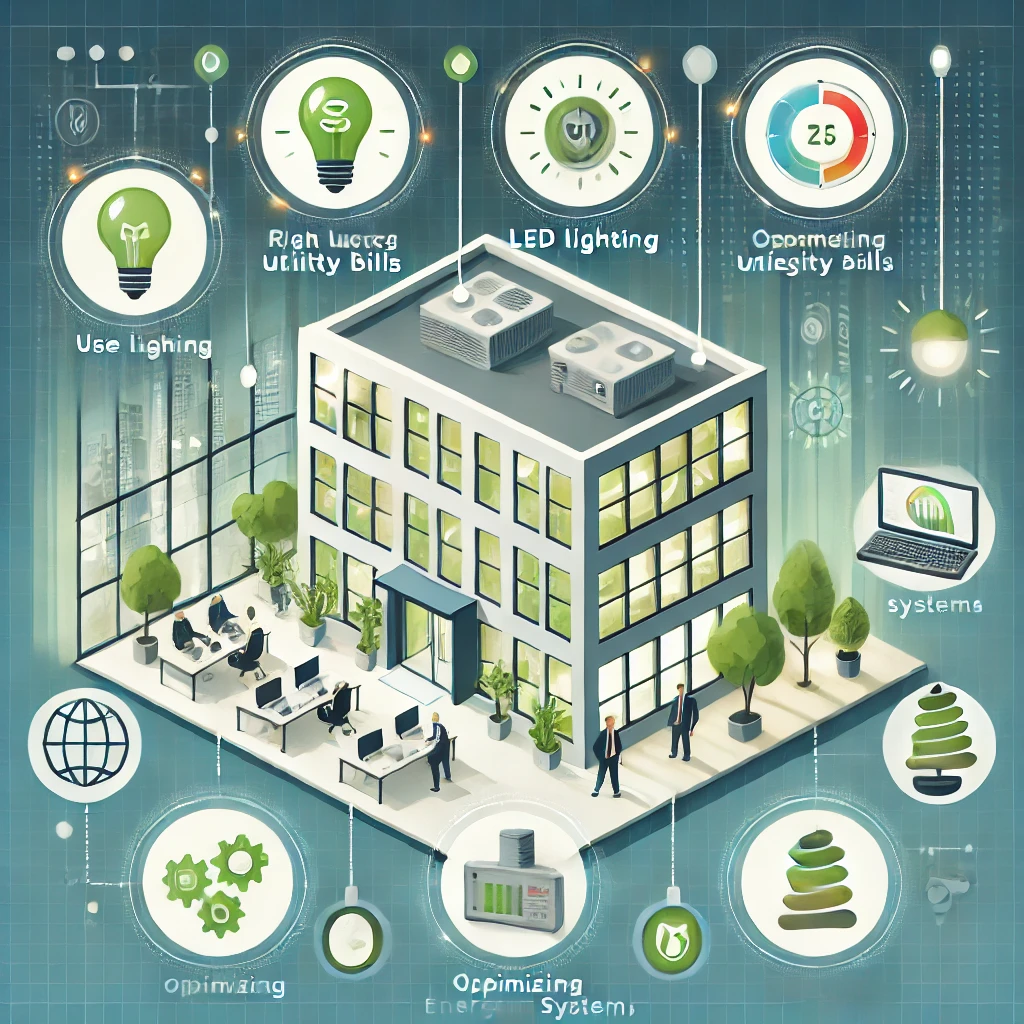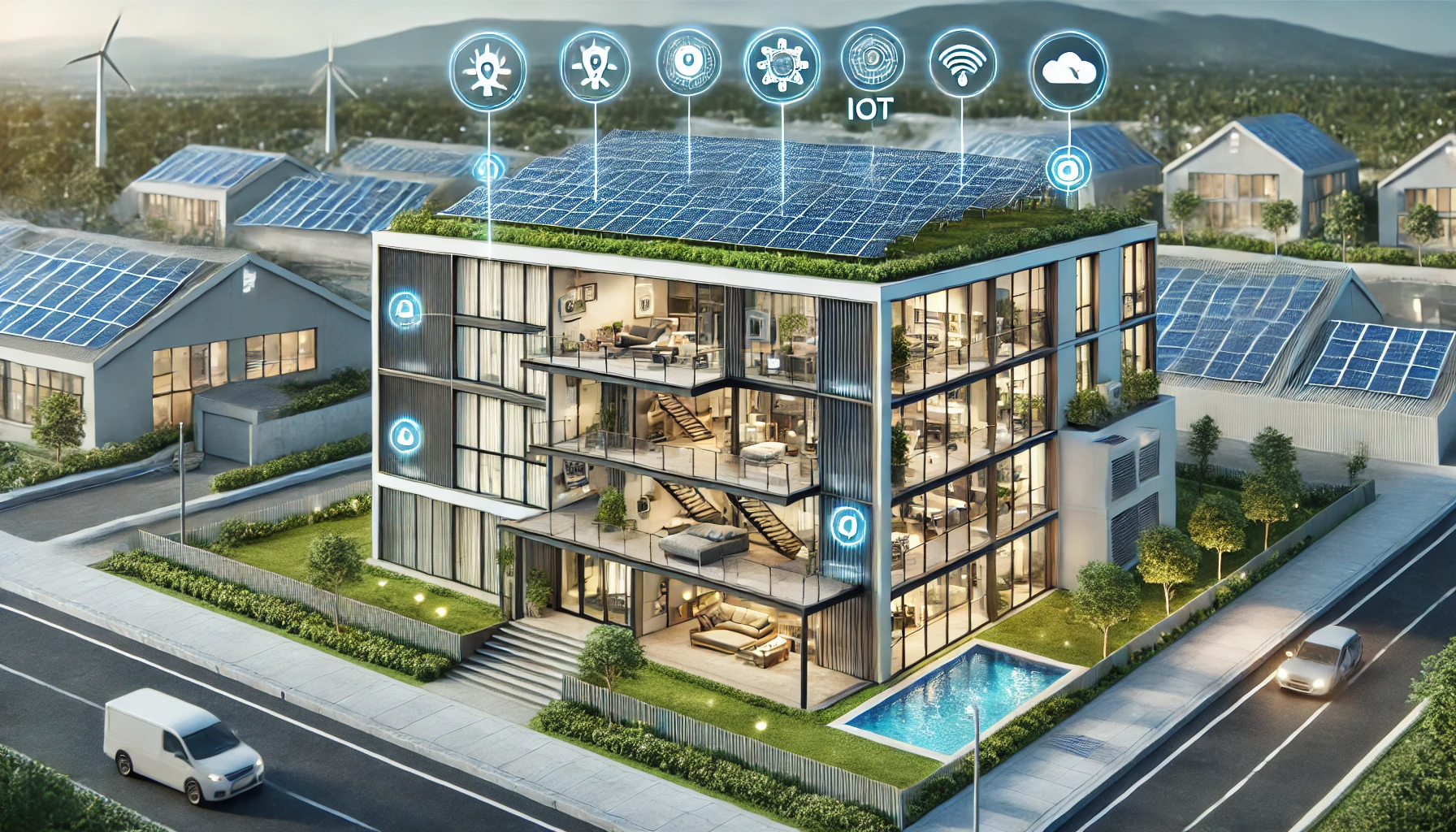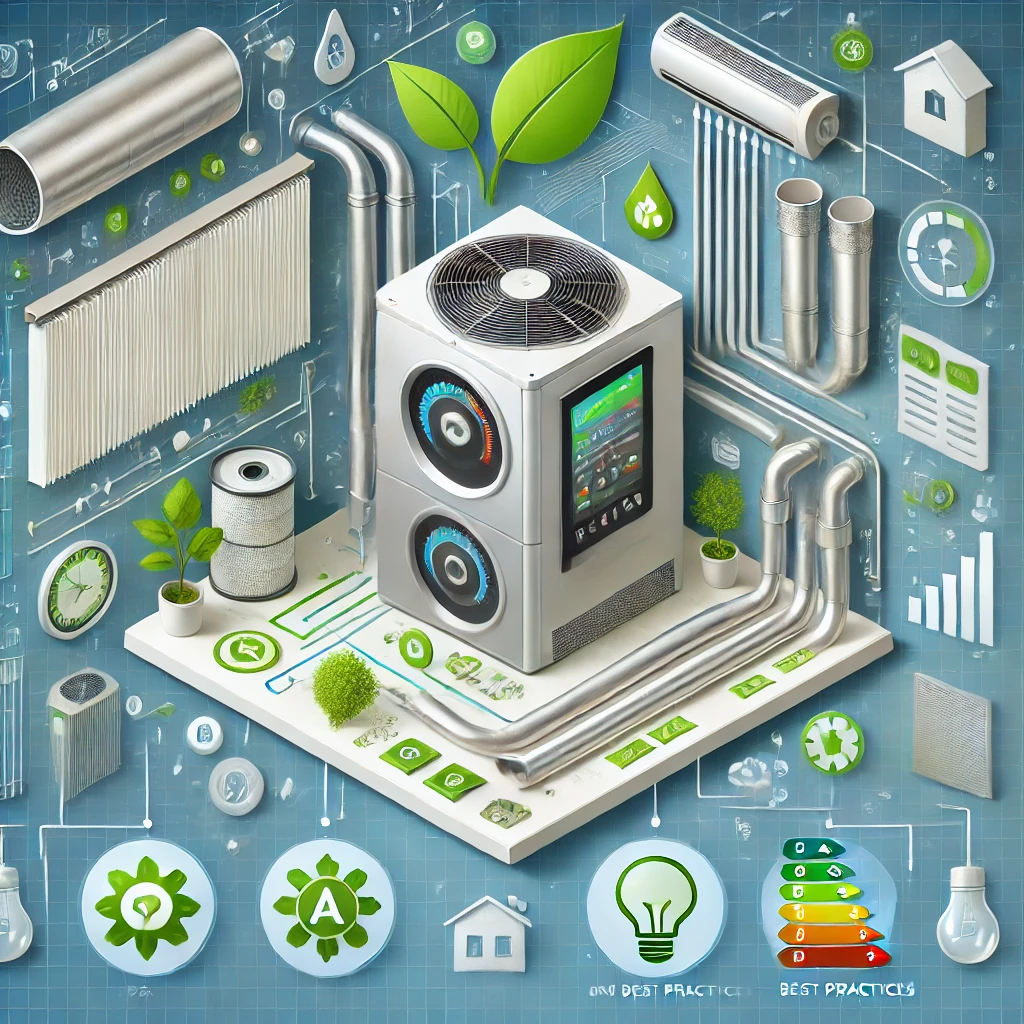The Future of Smart Building Technologies in MEP Engineering

The rapid advancement of technology is transforming various industries, and Mechanical, Electrical, and Plumbing (MEP) engineering is no exception. Smart building technologies are revolutionizing how buildings are designed, constructed, and managed. These innovations promise to enhance efficiency, sustainability, and comfort in buildings. This blog explores the future of smart building technologies in MEP engineering, highlighting key trends and innovations that are shaping the industry.
What Are Smart Building Technologies?
Smart building technologies refer to the integration of advanced systems and devices that can monitor, control, and optimize building operations. These technologies leverage the Internet of Things (IoT), artificial intelligence (AI), and data analytics to create more intelligent and responsive building environments. Key components include:
- Smart HVAC Systems: Automated heating, ventilation, and air conditioning systems that adjust based on occupancy and external conditions.
- Advanced Lighting Systems: Energy-efficient lighting that adapts to natural light and occupancy.
- IoT Sensors and Devices: Devices that collect data on various building parameters, such as temperature, humidity, and energy usage.
- Building Management Systems (BMS): Integrated platforms that manage and optimize building operations.
Trends Shaping the Future of Smart Building Technologies
1. IoT Integration
The Internet of Things (IoT) is a cornerstone of smart building technologies. IoT devices collect vast amounts of data that can be used to improve building performance. In MEP engineering, IoT enables real-time monitoring and control of HVAC systems, lighting, and other critical infrastructure. This leads to better energy management, reduced operational costs, and enhanced occupant comfort.
2. Artificial Intelligence and Machine Learning
AI and machine learning algorithms are becoming increasingly important in smart building technologies. These technologies can analyze data from IoT sensors to predict equipment failures, optimize energy usage, and improve overall building performance. For instance, AI-driven predictive maintenance can reduce downtime and extend the lifespan of MEP systems.
3. Sustainability and Energy Efficiency
Sustainability is a major focus in modern building design. Smart building technologies play a crucial role in achieving energy efficiency and reducing carbon footprints. Advanced energy management systems can optimize the use of renewable energy sources, such as solar and wind, and ensure efficient energy distribution throughout the building.
4. Enhanced Building Security
Smart technologies are also enhancing building security. Integrated security systems, including smart cameras, access controls, and alarm systems, can provide real-time monitoring and alerts. This not only improves safety but also allows for better emergency response and risk management.
5. Human-Centric Design
Future smart buildings will be more focused on the needs and preferences of occupants. Smart MEP systems can adjust environmental conditions based on individual preferences, improving comfort and productivity. For example, personalized lighting and climate control can create more conducive working environments.

Innovations in MEP Engineering
1. Smart HVAC Systems
Modern HVAC systems are becoming more intelligent and energy-efficient. Smart thermostats, variable refrigerant flow (VRF) systems, and advanced air quality sensors are some innovations driving this change. These systems can adjust heating and cooling based on occupancy patterns and weather forecasts, ensuring optimal comfort and energy savings.
2. Advanced Plumbing Systems
Smart plumbing systems can monitor water usage, detect leaks, and manage water distribution efficiently. Innovations such as greywater recycling and rainwater harvesting are becoming integral to sustainable building design. These systems help reduce water wastage and promote conservation.
3. Intelligent Electrical Systems
Electrical systems in smart buildings are designed for energy efficiency and resilience. Smart grids, renewable energy integration, and energy storage solutions are key components. Advanced lighting systems with occupancy sensors and daylight harvesting capabilities further contribute to energy savings.
Challenges and Considerations
1. Integration and Compatibility
One of the significant challenges in implementing smart building technologies is ensuring compatibility and integration of various systems. MEP engineers need to design systems that can seamlessly communicate and work together to achieve optimal performance.
2. Data Security and Privacy
With the increased use of IoT devices and data analytics, ensuring data security and privacy is paramount. Building management systems must have robust security measures to protect sensitive information and prevent cyber threats.
3. Cost and ROI
The initial investment in smart building technologies can be high. However, the long-term benefits in terms of energy savings, reduced maintenance costs, and improved occupant satisfaction often justify the investment. MEP engineers must consider the return on investment (ROI) when recommending smart solutions.
Conclusion
The future of smart building technologies in MEP engineering is promising. As technology continues to advance, we can expect more intelligent, efficient, and sustainable buildings. MEP engineers play a crucial role in integrating these technologies to create environments that enhance comfort, productivity, and sustainability. Embracing smart building technologies is not just a trend; it is a necessity for the future of the built environment.
Category:


